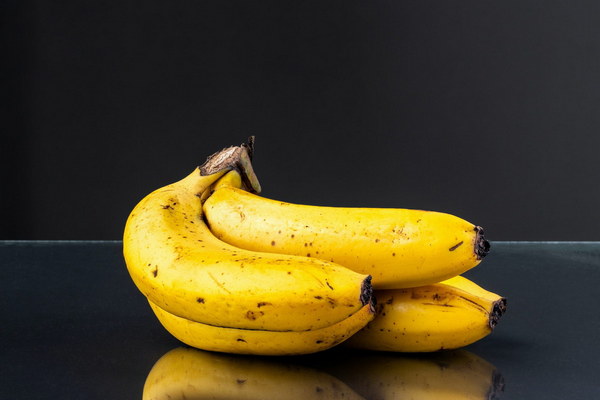Dealing with Dampness Navigating Constipation, Increased Urination, and Dry Mouth While Taking Damp-Dispersing Medicines
Introduction:
Dampness, a common concept in traditional Chinese medicine, refers to an imbalance of moisture within the body. To counteract this, damp-dispersing medicines are often prescribed. However, these remedies can sometimes lead to unintended side effects such as constipation, increased urination, and dry mouth. This article aims to shed light on these issues, offering insights and practical advice for those experiencing these symptoms while taking damp-dispersing medicines.
I. Understanding the Side Effects
A. Constipation
Constipation is a common side effect of damp-dispersing medicines. These medications often contain ingredients that help to eliminate dampness but can also cause the digestive system to slow down, leading to constipation.
B. Increased Urination
Increased urination is another potential side effect of damp-dispersing medicines. The herbs used in these remedies are known to boost kidney function, which can lead to more frequent bathroom trips.
C. Dry Mouth
Dry mouth, also known as xerostomia, is a less common side effect but can be uncomfortable for some individuals. This occurs when the medicines affect the saliva glands, reducing saliva production.
II. Coping with Constipation
A. Increase Fluid Intake
Drinking plenty of water can help alleviate constipation by keeping the digestive system hydrated and promoting bowel movements.
B. Eat a High-Fiber Diet
A diet rich in fiber can help soften stool and make bowel movements easier. Foods such as fruits, vegetables, whole grains, and legumes are great options.
C. Exercise Regularly
Regular physical activity can help stimulate the digestive system, leading to more regular bowel movements.
III. Managing Increased Urination
A. Adjust Medication Dosage
If increased urination is a significant concern, consult your healthcare provider about adjusting the dosage or switching to a different damp-dispersing medicine.
B. Time Medication Intake
Taking damp-dispersing medicines at specific times of the day can help minimize the impact on urination. For example, taking the medication in the morning may reduce nighttime bathroom trips.
C. Stay Hydrated
While it's essential to stay hydrated, excessive fluid intake can exacerbate the issue. Aim to drink enough water to stay hydrated without overloading the kidneys.
IV. Dealing with Dry Mouth
A. Suck on Sugar-Free Mints

Sucking on sugar-free mints can stimulate saliva production and help alleviate dry mouth.
B. Use Saliva Substitutes
Saliva substitutes are available over the counter and can help maintain moisture in the mouth.
C. Avoid Dry Mouth-Causing Foods and Beverages
Limit consumption of caffeine, alcohol, and spicy foods, as these can exacerbate dry mouth symptoms.
Conclusion:
While damp-dispersing medicines can be beneficial in treating dampness-related issues, they may come with side effects such as constipation, increased urination, and dry mouth. By understanding the causes of these side effects and adopting appropriate coping strategies, individuals can effectively manage these symptoms while continuing to reap the benefits of damp-dispersing medicines. Always consult with a healthcare provider when considering adjustments to your treatment plan or experiencing adverse effects.









